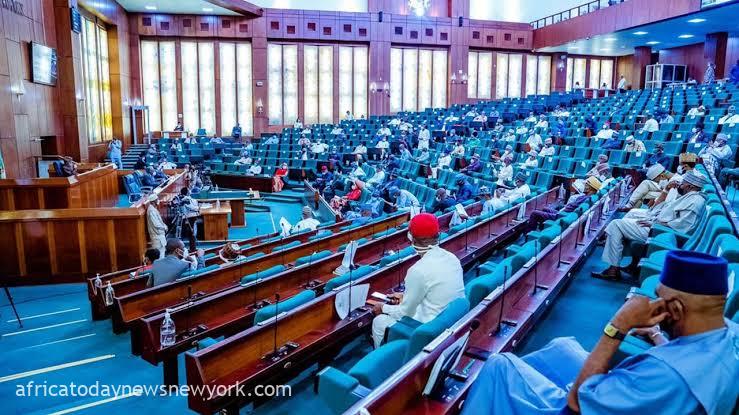Efforts to relieve congestion in the country’s 244 correctional centers were set in motion by the House of Representatives on Wednesday.
At a Wednesday plenary session overseen by Deputy Speaker Benjamin Kalu, lawmakers advocated for a thorough revamp of the system. This entails expediting justice for awaiting trial inmates and enhancing the centers to align with global standards through reforms and rehabilitation.
The decision came after Chinedu Ogah, who represents Ikwo/Ezza Federal Constituency in Ebonyi State, introduced a motion that was adopted.
Leading the debate on the motion tagged, “Call to decongest Nigerian correctional service,” a member of the All Progressives Congress, Ogah lamented that over 70,000 inmates in the country face inadequate facilities despite government efforts, adding that “Some have not been charged with criminal cases, while some are unable to pay the fines imposed by the courts despite having their cases determined.”
He continued, “The House is disturbed that the Nigerian criminal justice system is plagued by flaws, with cases often lingering without resolution for years, thus overcrowding the correctional centers in various geopolitical zones.
“The House is also disturbed that a data system reveals that federal offenders comprise less than 10 per cent of correctional system inmates, leaving over 90 per cent to state offenses.
“We are also alarmed that overcrowding of the correctional facilities has led to a huge revenue drain for successive governments, leading to prison dilapidation, criminalization, and inability to separate awaiting trial inmates from convicted ones,” stressing that implementing the criminal justice system and the adoption of non-custodial measures would effectively reduce the overcrowding of national prisons.
Read also: House Committee Launches Probe Into Petrol Subsidy Regime
Referring the motion to its Committee on Interior, the House emphasized the need for both the Federal and state governments to implement comprehensive reforms within the nation’s correctional system. This includes upgrading custodial centers, constructing new facilities, and overhauling the bail system.
It also tasked both layers of governments to “Propose legislation to allocate time for the speedy dispensation of justice and the number of inmates awaiting trial; examine the role of the federal and state governments in the correction of inmates; propose sustainable, efficient solutions to address the congestion in 244 jails nationwide and devise and promote effective reformation, rehabilitation, and reintegration of inmates.”
Moreover, the House urged both the federal and state governments to utilize their powers of mercy by granting amnesty to deserving inmates. It also called upon the Federal Ministry of Justice to prevent delays in dispensing justice and enhance the process of meeting bail conditions. Furthermore, the House restated its call for security agencies to refrain from making arrests without proper cause.

